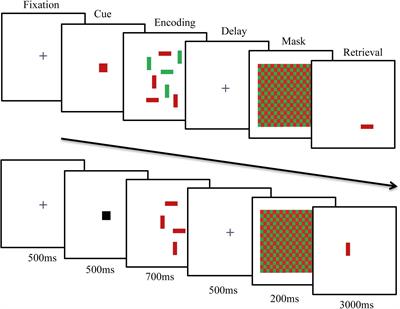ORIGINAL RESEARCH
Published on 18 Jun 2019
Low Perceived Self-Efficacy Impedes Discriminative Fear Learning

doi 10.3389/fpsyg.2019.01191
- 29,059 views
- 17 citations
8,904
Total downloads
73k
Total views and downloads
You will be redirected to our submission process.
ORIGINAL RESEARCH
Published on 18 Jun 2019

ORIGINAL RESEARCH
Published on 24 May 2019

OPINION
Published on 03 May 2019
ORIGINAL RESEARCH
Published on 21 Mar 2019

ORIGINAL RESEARCH
Published on 12 Feb 2019

ORIGINAL RESEARCH
Published on 12 Feb 2019

PERSPECTIVE
Published on 02 Oct 2018

